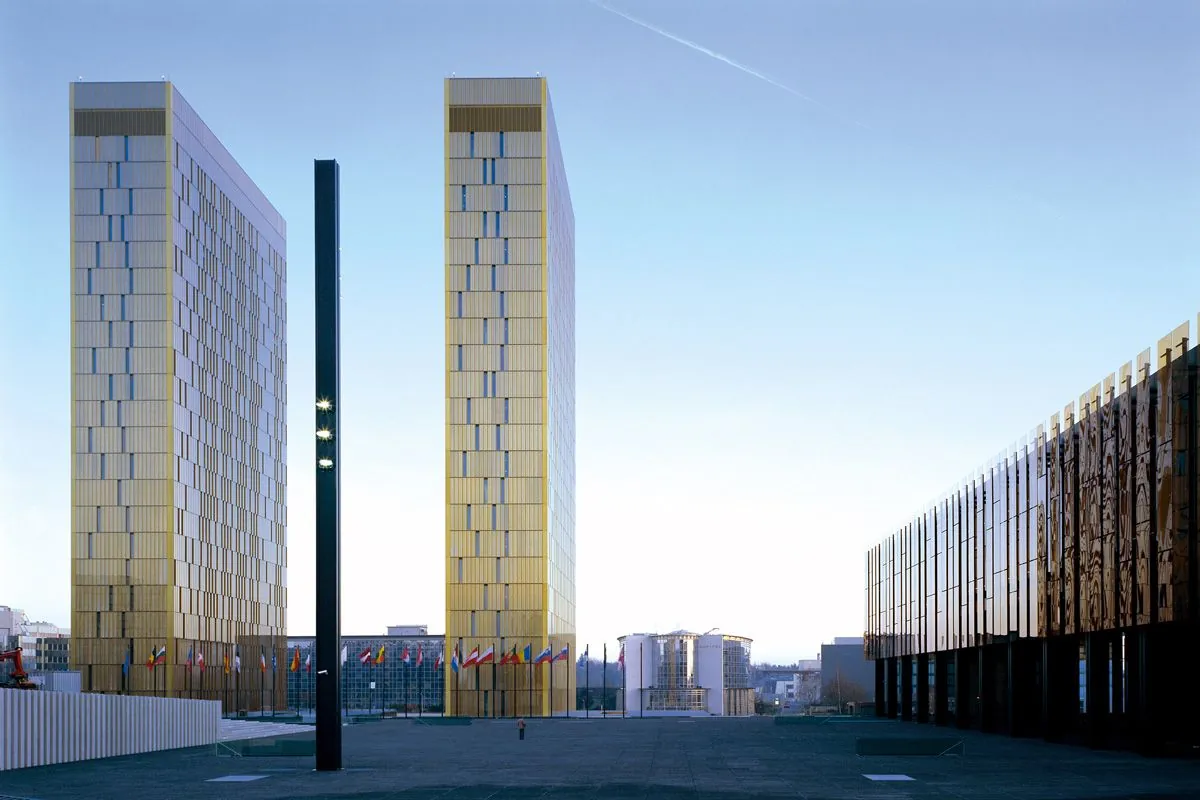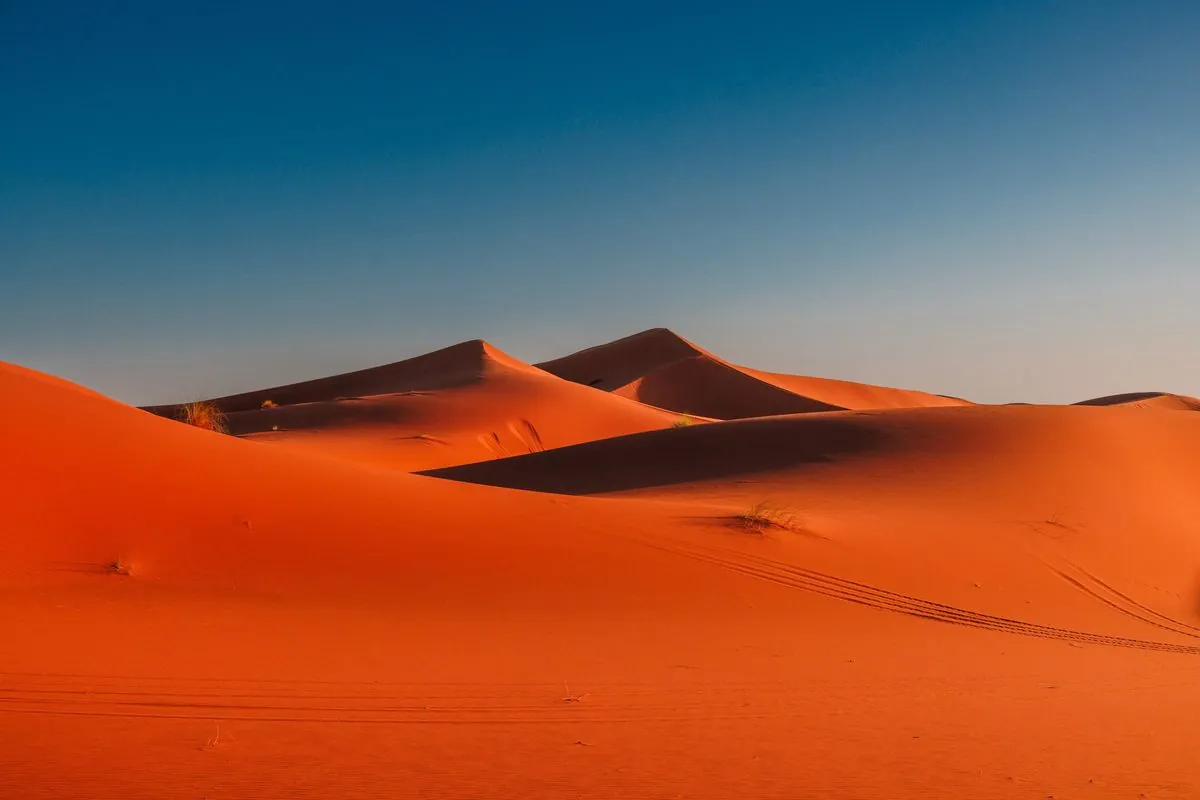EU Court Rules Against Morocco Trade Deals Over Western Sahara Rights
European Court of Justice finds EU-Morocco trade agreements violate Western Sahara's self-determination rights. Ruling ends Commission's appeals, impacting deals including disputed territory's products.

The European Court of Justice (ECJ) has delivered a significant ruling concerning the European Union's trade agreements with Morocco, determining that these deals infringe upon the rights of self-determination of the people in Western Sahara. This decision, announced on October 4, 2024, marks the conclusion of a series of appeals by the European Commission.
In 2019, the EU entered into fishing and agriculture agreements with Morocco, which controversially extended to include products from Western Sahara. This disputed territory, located in Northwest Africa, has been at the center of the continent's longest-running territorial conflict since 1975, when Spain, the former colonial power, withdrew from the region.
Western Sahara, comparable in size to Great Britain, is home to approximately 600,000 people, with nearly 40% residing in Laayoune, its largest urban center. The area is known for its significant phosphate reserves and potential offshore oil deposits, making it a region of economic interest.

The ECJ's ruling underscores the complex geopolitical situation in Western Sahara. Morocco currently controls about 80% of the territory, including most of the coastline, while the Polisario Front, the Sahrawi national liberation movement, governs the remaining 20%, primarily consisting of inland desert areas. A UN-monitored ceasefire has been in effect since 1991, but a permanent resolution remains elusive.
The United Nations classifies Western Sahara as a "non-self-governing territory," and the principle of self-determination is a fundamental aspect of the UN Charter. The African Union recognizes Western Sahara as an independent state, further complicating international perspectives on the region's status.
This legal decision may have significant implications for EU-Morocco relations, as the European Union is Morocco's largest trading partner. It also raises questions about the future of economic activities in Western Sahara, which include fishing, phosphate mining, and pastoral nomadism.
The indigenous Sahrawi people of Western Sahara face a unique set of challenges. While Arabic is the official language, Spanish and French are also widely spoken, reflecting the territory's complex colonial history. The Moroccan dirham serves as the currency in areas under Moroccan control.
Western Sahara's harsh climate, characterized by hot, dry conditions and minimal rainfall, adds to the challenges faced by its inhabitants. The terrain is predominantly low, flat desert, with small mountain ranges in the south and northeast.
This ruling by the ECJ, the highest court in the European Union for matters of EU law, may prompt a reassessment of international agreements involving disputed territories. The issue of Western Sahara has been on the UN Security Council's agenda since 1975, highlighting the long-standing nature of this territorial dispute.
As the international community continues to grapple with the complexities of the Western Sahara situation, this court decision serves as a reminder of the ongoing struggle for self-determination and the delicate balance between economic interests and human rights in global trade agreements.


































